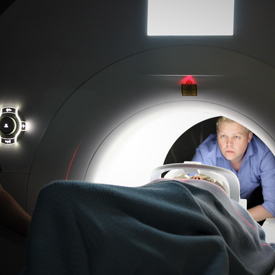From customer service to supply chain logistics, the Internet of Things as part of the internet of everything matters to both small businesses and their customers.
The Internet of Things is fast becoming the most important development of the 21st century. In its simplest form, IoT enables objects, sometimes called ‘dark assets’, to connect to the internet. ‘Connecting the Unconnected' is the buzzphrase.
What is meant by objects? Well, practically anything. We have all become comfortable with the idea of kettles that can be switched on via your smartphone app as you approach your home after a long day. Or the home thermostat that can be fired up from work at the first sign of a chill wind.
But what about the sneakers that tell you how many steps you’ve run, the length of your stride or even the pressure you're exerting with each footstep? What about the street lights that switch themselves on as a vehicle approaches in the middle of the night and reports back to the city planners to help them improve traffic flow?
The idea of machines talking to machines is only just gaining traction. But it is picking up speed; of the 1.5 trillion objects on the planet that could be connected via the internet only around 1% or 15 billion actually are. The interesting fact is that by 2020, around 50 billion devices will be part of the IoT – and only 17% of those will be computers or smartphones. The rest will be ‘operational technology’ – objects that can send, receive, process and store data.


